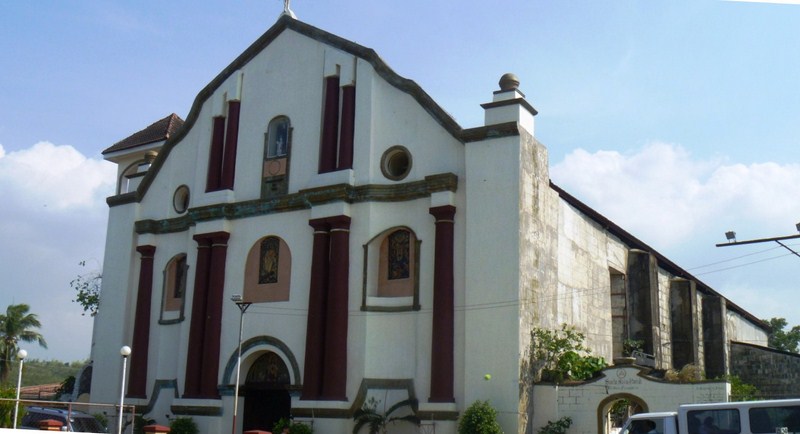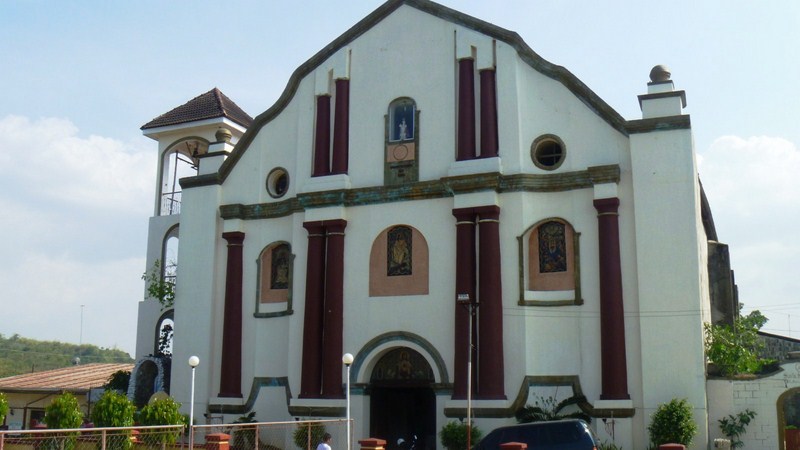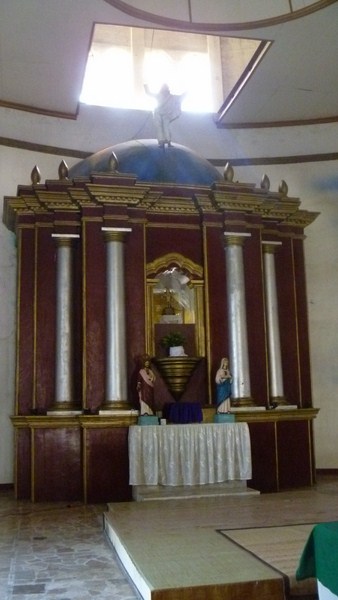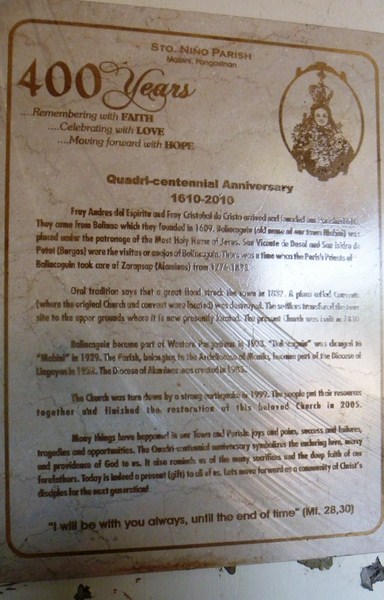 |
| The famous salt beds of Dasol |
After our lunch and ocular visit of Dasoland, we again boarded our van to finally make our way back to Manila. Its been a very busy and educational three days in Pangasinan. However, we haven’t traveled far when we espied the famous salt beds of Dasol. We therefore stopped along the highway to take pictures of these fascinating man-made creations. The province’s name was derived from the word panag-asinan (“place where salt is made”) and Dasol is one of only four Pangasinan towns (the others are Anda, Bani and Bolinao) that produce salt.
 |
| Baskets of raw salt |
These salt beds, glistening whitely in the late afternoon sun, have sluices that are opened to allow about 3 inches of sea water from the incoming ocean tides of Dasol Bay to pour into and be trapped in a checkerboard of shallow ponds lined with grayish-brown clay and paved with shards of clay pots, similar to inland rice paddies. The impounded water is allowed to naturally evaporate in the sun for a few hours, after which thin crusts of salt crystals would form on the surface and sink to the bottom of the pond. The resulting encrusted salt is then raked, gathered into small neat piles, scooped into baskets and then transferred to a bigger pile in a hut. The raw salt is then brought to the cooking sheds to be washed, boiled and condensed into pure rock salt. During the rainy season, the salt beds are converted into fish ponds.




